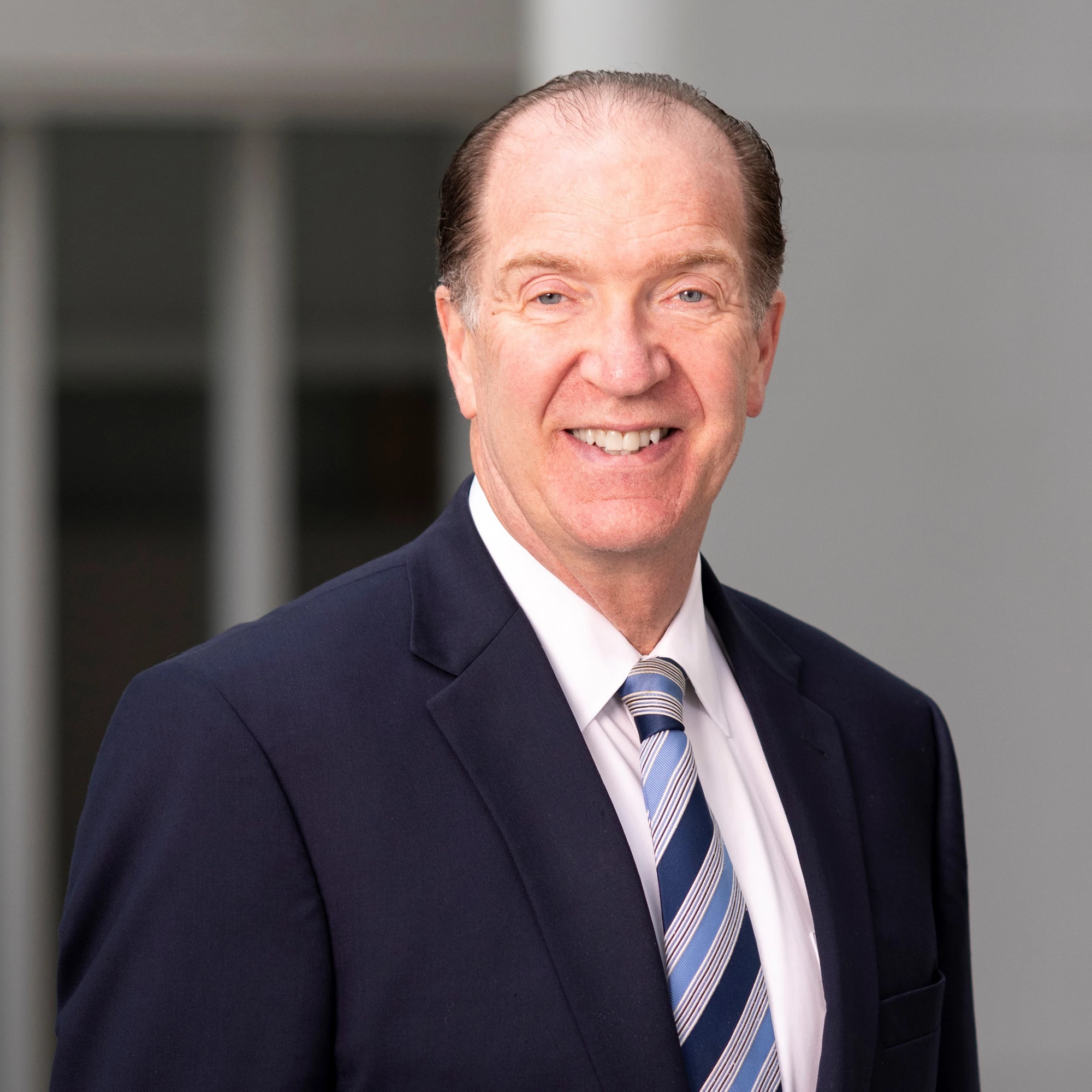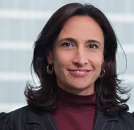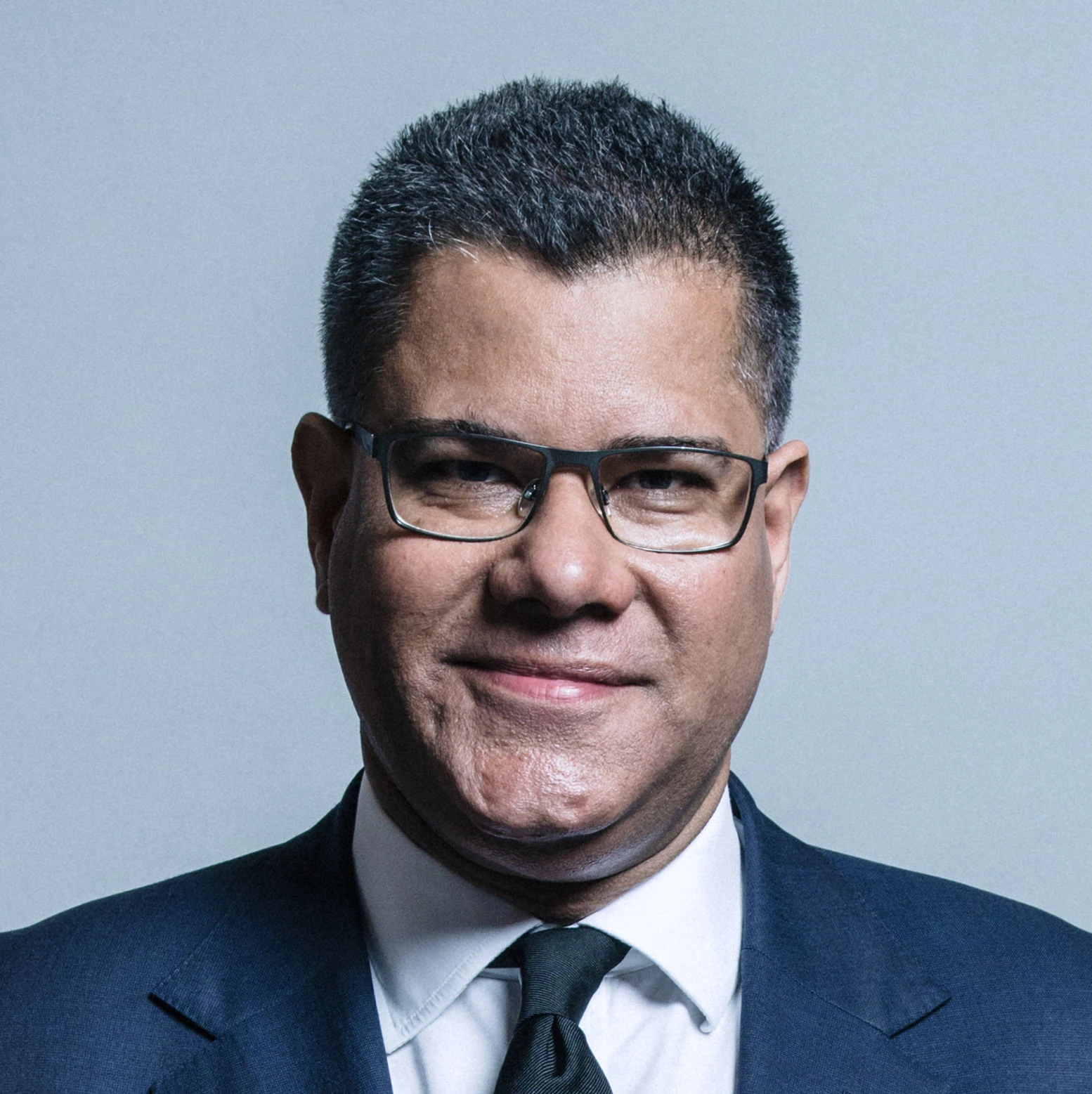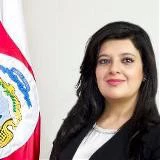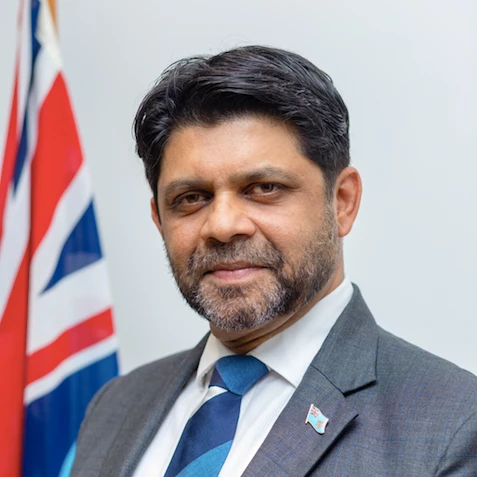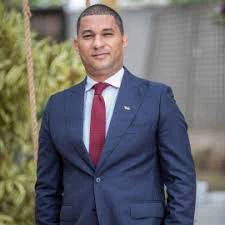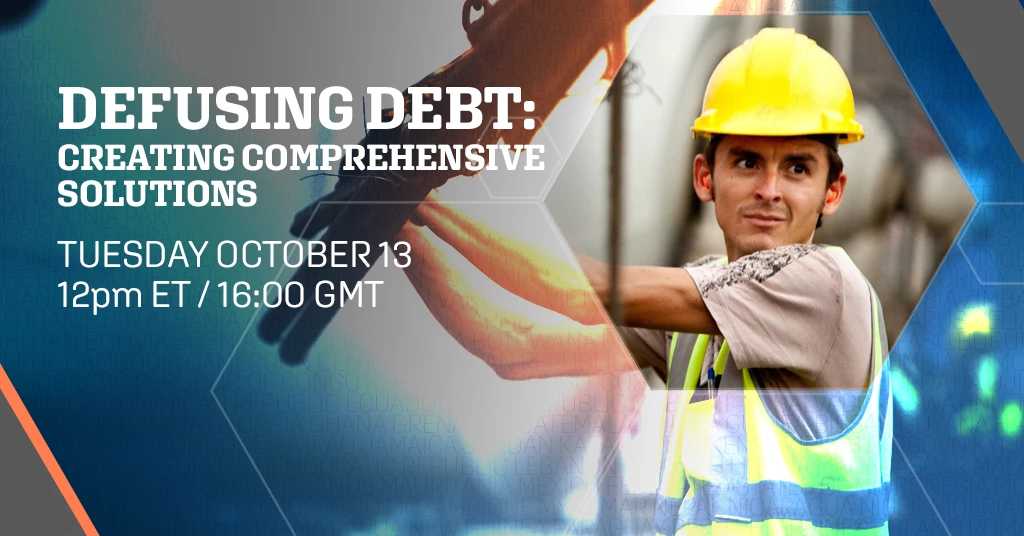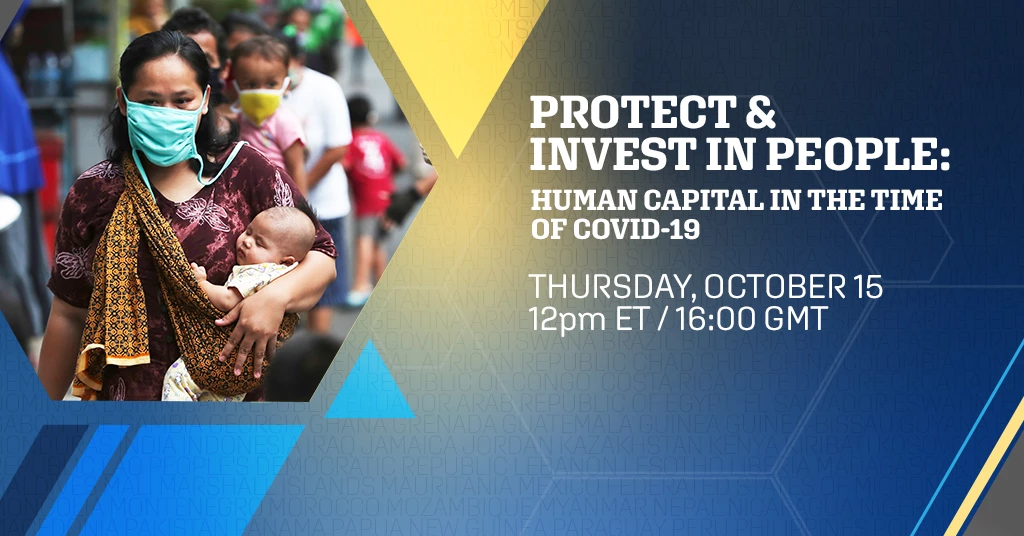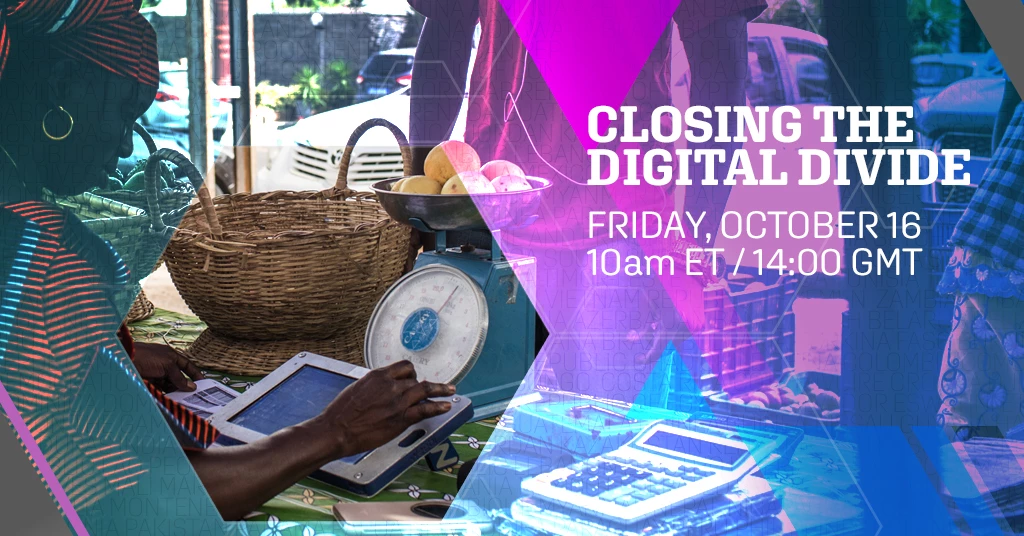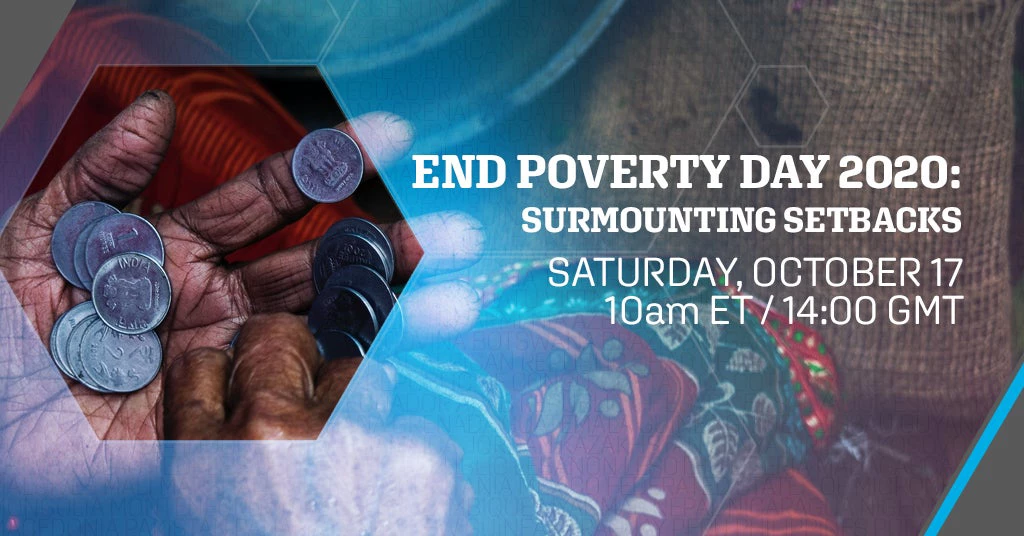A Sustainable Recovery for People and Planet
How can the world recover from the coronavirus pandemic while also addressing climate change and biodiversity loss? A Sustainable Recovery for People and Planet brought together policymakers, youth leaders, civil society organizations and global experts to tackle this question during the World Bank-IMF Annual Meetings, with its theme of a resilient recovery from the pandemic. A young activist from Indonesia perhaps summed it up best when she described the potentially transformative impact of the pandemic: “If there is one thing COVID-19 has shown, it is we can no longer go back to business as usual,” said Melati Wijsen, a youth leader whose efforts have helped to reduce plastic waste on her home island of Bali. “In a post-pandemic world, “we have to accelerate the solutions we wish to see in our world today.”
Moderated by former CNN anchor Zain Verjee, the event focuses on the actions and investments needed today to unlock short term gains, such as jobs and economic growth, as well as deliver the longer-term benefits of resilience, decarbonization, cleaner air and water, healthier oceans, and more sustainable food and agriculture systems. “The big challenge is how do we build back greener and build back better in a new environment as we come out of the recovery,” said World Bank Group President David Malpass in his opening remarks. “People need to make the right investments now.”
Fiji Minister Aiyaz Sayed-Khaiyum explained why such investments in resilience are critical. “For countries on the frontlines of climate change, like Fiji, building back better is a question of life or death.” In 2016, Cyclone Winston wiped out one-third of the value of Fiji's GDP within 36 hours. “We realized we had to build back better, and it paid off—the structures that were built back better have not been damaged in the seven cyclones we've had since then,” he said. With governments and institutions investing as much as $12 trillion in COVID-19 recovery, “this is an important moment now to reset our economies and build back in a way that tackles the climate and COVID crises together,” said Helen Mountford, Vice President, Climate & Economics, of the World Resources Institute. Costa Rica plans to link the climate and crisis challenges, using the country’s long-term decarbonization plan “as a centerpiece to address the COVID crisis and to recover better,” said María del Pilar Gonzalo, Minister of National Planning and Economic Policy.
The event addressed how a sustainable recovery can restore ecosystems, reverse biodiversity loss, create better food systems and jobs. “We are a country that has no choice but to go sustainable and all our policies are taking into consideration sustainability,” said Mozambique’s Minister of Agriculture and Rural Development Celso Correia. By introducing new methods of producing agriculture, “we are reducing also emissions but protecting the forestry.” Carlos Manuel Rodriguez, CEO of the Global Environment Facility, said the recovery “is a once-in-a-lifetime chance to reset our relationship with nature and to scale up nature-based solutions that can help our forests and land to absorb carbon and protect biodiversity. Nobody can prosper on a sick planet. It's in our own self-interest to protect and invest in nature.”
The event also looked ahead to next year’s climate change meeting, COP26, along with the Convention on Biological Diversity, when new targets for the conservation, sustainable use, and sharing of benefits from biodiversity will be decided. “Ahead of COP26, let’s work together to make a green recovery a reality around the world, creating a prosperous and sustainable future for our children and grandchildren. We owe that to current and future generations,” said Alok Sharma, UK Secretary of State for Business, Energy and Industrial Strategy and COP26 President.

